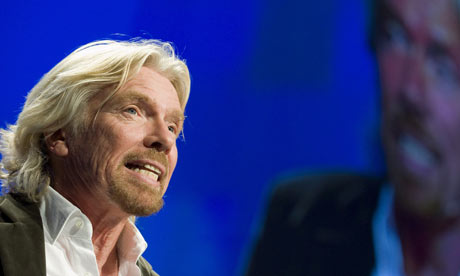 WaPo | Reversals of fortunes have come fast and hard, and nowhere more so than Greece.
WaPo | Reversals of fortunes have come fast and hard, and nowhere more so than Greece.This Mediterranean country dumped its own currency, the drachma, in 2001 in favor of the European Union's new currency, the euro. As a result, it gained unprecedented footing in financial markets. With Greek debt backed by the rock-solid euro, Athens raised billions from foreign pension funds and global banks at interest rates nearly as low as those offered to Germany, the fiscally conservative titan of Europe. Flush with easy money, government spending soared and the economy boomed.
But just as investors found millions of U.S. homeowners to be riskier bets than initially thought, they are now realizing that Greece -- as well as other weaker economies that use the euro -- is no Germany. Political handouts and padded employment rolls helped public-sector wages double here over the past decade. Rampant tax evasion -- at least a quarter of the economy operates under the table -- drained government coffers even as public spending soared. When the global financial crisis hit, Greece cooked the books to mask the extent of its massive budget deficit, with the fiscal emergency becoming clear only over the past few months.
Greece is now racing to push through budget cuts to stabilize its finances and convince investors of its creditworthiness before spring -- when it must refinance $25 billion in debt or risk default.
On Tuesday, hopes hinged on reports that Germany may be preparing to lead a group of European Union nations in loan guarantees to Greece and other hard-hit countries in the region. Olli Rehn, who takes over as European economic affairs commissioner Wednesday, told Bloomberg News that Greece has to "do the necessary measures" in exchange for E.U. support.
One reason the markets reacted with such enthusiasm is that Greece's problems aren't its alone. Similar fears have hit nations such as Portugal, Spain and Italy, which also benefited from historically low borrowing rates but which critics say were riskier investments than they seemed.
"There are parallels to the subprime mortgages in the U.S., especially with Greece," said Thomas Mayer, chief economist with Deutsche Bank in London. "They borrowed money on an economy with almost no manufacturing base, one that lives off tourism and agriculture. They have been living beyond their means. Even if they get short-term help from Europe, the question is still, how and when are they going to cut back?"
The answer, Mayer and others say, involves painful structural reforms that may mean significant belt-tightening for Greeks, Spaniards, Portuguese and Italians in the years ahead to justify their memberships in the eurozone. To that aim, Greece's new Socialist government is moving to increase the retirement age, cut competition for state workers and overhaul the broken tax system.
















